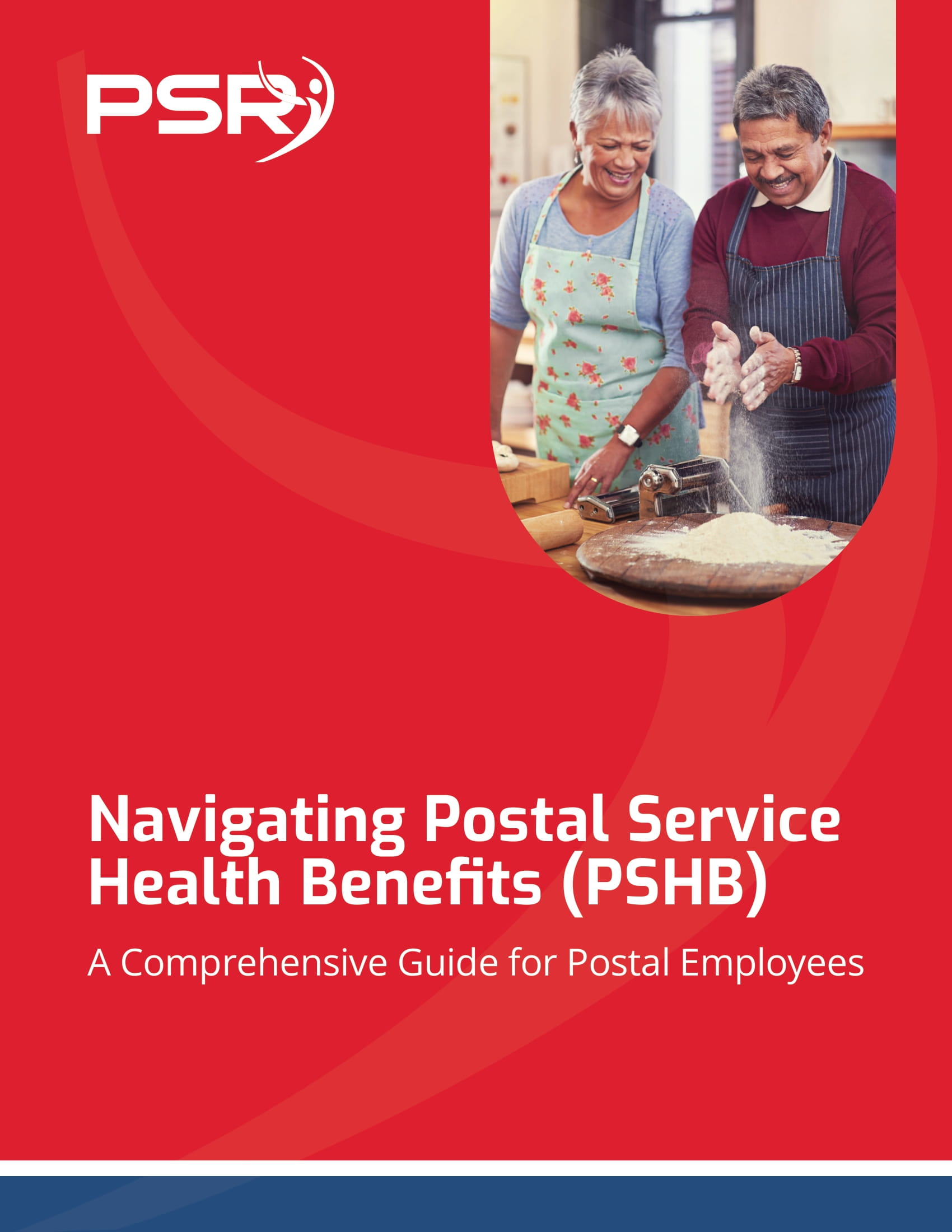Key Takeaways
-
The Social Security Fairness Act repealed the Windfall Elimination Provision (WEP) in 2025, but the Government Pension Offset (GPO) still applies, leaving some government retirees without full benefits.
-
Not all retirees have seen immediate changes to their benefits; ongoing administrative updates and eligibility reviews are causing delays in relief.
What the Social Security Fairness Act Changed
- Also Read: Divorce and Your Federal Pension—What Happens When You Split Assets and How It Could Affect Your TSP
- Also Read: What Happens to Your Federal Benefits After Divorce? Here’s the Lowdown
- Also Read: The Best FEHB Plans for 2025: Which One Fits Your Lifestyle and Budget the Best?
Now in 2025, that provision is gone. Public sector employees who paid into Social Security during their working years and also receive a pension from non-Social Security-covered employment are no longer subject to WEP reductions. This legislative change brings long-awaited equity to many retirees.
However, the Government Pension Offset (GPO), which affects spousal and survivor benefits, remains in place. While the repeal of WEP is a major step forward, GPO continues to cause benefit reductions for those who qualify for Social Security through a spouse but also receive a government pension.
Understanding the GPO’s Continuing Impact
The GPO reduces Social Security spousal or survivor benefits by two-thirds of your non-covered government pension. For instance, if your monthly pension is $1,200, two-thirds of that ($800) is deducted from your spousal or survivor benefit. In many cases, this eliminates those benefits entirely.
Despite widespread support to repeal both WEP and GPO, only WEP was repealed under the 2025 Fairness Act. Lawmakers cited cost concerns and prioritization during legislative negotiations. As a result, thousands of retirees still face significant benefit offsets.
Affected groups include:
-
Widowed spouses receiving a public pension from non-covered employment.
-
Retirees expecting spousal benefits based on a spouse’s Social Security record.
-
Dual-income public service couples where both receive pensions but only one qualifies fully for Social Security.
For these individuals, the repeal of WEP offers no relief if their primary issue lies with GPO.
Why You May Not Have Seen an Immediate Increase
Although the repeal took effect in January 2025, many retirees have yet to see a change in their monthly checks. That’s because the Social Security Administration (SSA) is still processing updates to benefit calculations for those previously impacted by WEP.
You may be affected by this delay if:
-
You retired before 2025 and were already receiving a reduced benefit.
-
Your pension and Social Security records have not been fully cross-verified.
-
Your benefit eligibility is under review due to complex income histories.
The SSA has stated that most updated payments will be rolled out throughout 2025, with backpay issued where applicable. However, this depends on how quickly records can be updated and whether additional documentation is needed.
If you are still seeing reduced benefits, it may be due to GPO or pending WEP-related recalculations.
Who Benefits Most from the Repeal
The biggest impact is being felt by those who had split careers—working part of their lives in jobs covered by Social Security and part in non-covered public service roles.
These individuals may now receive:
-
Full Social Security retirement benefits, without WEP-related reductions.
-
Higher monthly payments based on their full earnings history.
-
Backpay for prior months of reduced payments, once SSA finishes recalculations.
FERS employees are mostly unaffected because their entire careers are typically covered by Social Security. csrs employees, on the other hand, often see the largest gains from WEP repeal, especially if they paid into Social Security before or after their government career.
It’s also important to note that benefits under the Thrift Savings Plan (TSP), FERS annuity, or other retirement accounts remain unaffected. The change strictly applies to Social Security income.
What Retirees Need to Do Now
You don’t need to apply for new benefits if you’re already receiving Social Security. The SSA is automatically identifying those eligible for revised payments due to WEP repeal.
However, there are a few proactive steps you can take:
-
Check your My Social Security account to view your current benefit amount and see if any recent adjustments have been made.
-
Review your SSA correspondence for notices regarding recalculations or documentation requests.
-
Contact SSA directly if you believe you are eligible for an increase but have not seen any change.
-
Keep pension documentation handy in case SSA needs to verify the amount and source of your non-covered pension.
Staying informed and responsive will help ensure you receive any corrected benefits as soon as possible.
Timeline for Payment Adjustments
The SSA began implementing the repeal in January 2025, prioritizing new Social Security claimants first, followed by those who were already receiving WEP-reduced benefits.
Here’s a general timeline of what you can expect:
-
Q1 2025: New Social Security claimants receive full benefits with no WEP reduction.
-
Q2-Q3 2025: Retirees who were subject to WEP receive recalculated benefits, with retroactive pay issued where due.
-
Q4 2025: Final wave of reviews completed, barring complications or missing records.
This schedule may shift depending on SSA staffing and case volume. Delays may continue into early 2026 for complex cases.
Common Misunderstandings After the Repeal
The repeal has led to a number of common misconceptions:
-
“I’ll automatically get more money.” Not necessarily. If your benefit was not previously reduced by WEP, your payment will not change.
-
“Spousal benefits are now protected.” GPO is still in effect. Spousal and survivor benefits may still be reduced.
-
“Everyone affected gets a lump-sum backpay.” Only those who were receiving WEP-reduced benefits and are now due a higher amount will receive backpay. It is not universal.
Be sure to read official SSA correspondence carefully and, if in doubt, reach out directly to clarify your individual situation.
Will GPO Be Repealed Next?
Many retirees and advocates hope that the next phase of Social Security reform will target the Government Pension Offset. In 2024, legislation to repeal both WEP and GPO had bipartisan support but was ultimately narrowed to only repeal WEP due to budget constraints.
Efforts continue into 2025, with several lawmakers pushing for further relief. However, until GPO is officially repealed, affected retirees will continue to see reductions in spousal and survivor benefits.
You should:
-
Watch for legislative updates.
-
Subscribe to SSA or congressional newsletters.
-
Engage with advocacy groups if GPO directly affects your household income.
The road ahead remains uncertain, but awareness and advocacy are key to ensuring your voice is heard.
What This Means for Future Retirees
If you’re still working in public service or are approaching retirement, the repeal of WEP simplifies your future Social Security income planning. You’ll no longer have to estimate benefits using two different formulas or worry about arbitrary reductions.
This is especially important if you:
-
Paid into Social Security through a previous or part-time private-sector job.
-
Worked under CSRS with non-covered earnings.
-
Are coordinating retirement income from multiple sources.
Future benefit statements will reflect full earnings-based calculations without WEP offsets. That said, GPO will still need to be factored in if you anticipate claiming spousal or survivor benefits.
Ensuring You Get the Full Benefit You Deserve
Although the WEP repeal is in place, you must stay vigilant to make sure the SSA has correctly updated your record. This includes reviewing:
-
Your lifetime earnings history in your My Social Security account.
-
Any correspondence from SSA requesting pension verification.
-
Your monthly benefit amount in 2025 compared to what you received in 2024.
If you believe there has been an error or delay, contact SSA and be prepared to provide supporting documents.
You may also want to discuss your retirement income picture with a licensed agent listed on this website to ensure you’re fully optimizing your benefits.
Your Social Security Income Still Needs Strategy
While WEP repeal is a victory, your broader retirement strategy still matters. Factors such as when you claim benefits, your pension income, and your family situation will influence your total retirement income.
Key questions to consider include:
-
Should you delay Social Security to increase your monthly amount?
-
How will your public pension interact with spousal benefits under GPO?
-
Are you coordinating TSP, Social Security, and annuity income efficiently?
The repeal removes one barrier—but effective planning is still essential.
Staying Informed and Prepared
The repeal of WEP under the Social Security Fairness Act marks a major win for public sector retirees, but the journey isn’t over. Many of you are still waiting for relief, or are navigating how GPO continues to impact your benefits.
Stay informed, review your benefits regularly, and get professional advice to help align your retirement strategy with the latest policy changes. For personalized support, speak with a licensed agent listed on this website.











